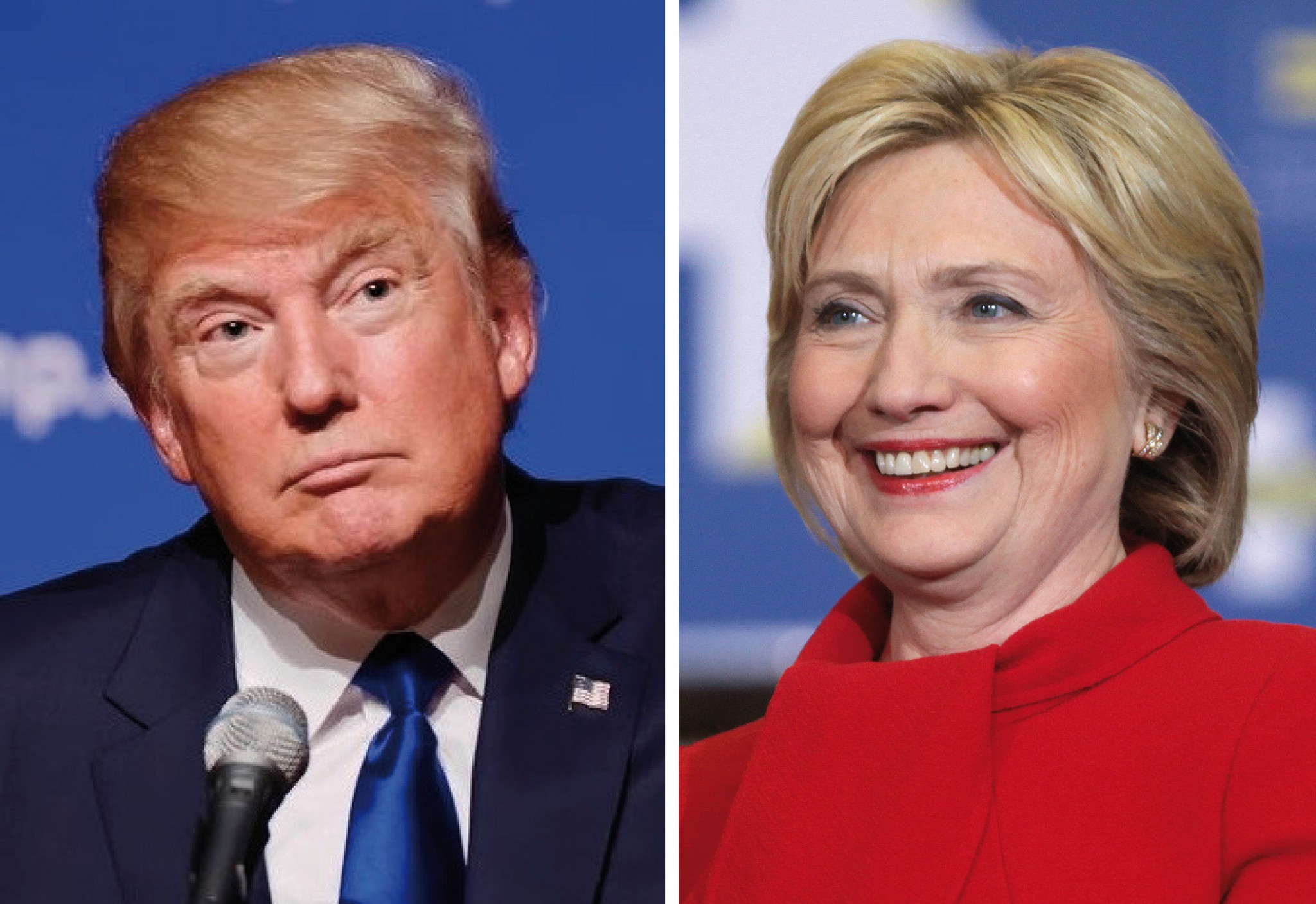Zana N. English is a fourth-year student within the Fulbright College honors program. She is majoring in international relations and political science in Fulbright and economics within the Walton School of Business. Originally from Marianna, AR, Zana is actively involved in a number of activities on campus and holds various leadership roles, most notably in Associated Student Government and Pi Sigma Alpha. After college, Zana hopes to pursue a JD in international law.
As the month of September starts and presidential candidates Hillary Clinton and Donald Trump get ready to square off in their first presidential debate, the question on everyone’s mind is “who’s going to win?” According to a poll taken by RealClear Politics on September 1st, Hillary is leading Trump nationwide by a margin of 2.7 points. Most election polls to date currently put Hillary Clinton in the majority to win the election in November. While this rhetoric may give comfort to those Clinton supporters who anxiously watch the polls, the fact remains that Hillary Clinton has been slowly, but surely, losing her lead over Donald Trump.
In light of Trump’s visit to Mexico, the recent NBC Presidential Forum, and international events spotlighting China’s chilly reception to President Barack Obama and North Korea’s successful launch of three ballistic missiles, Trump has been gaining some headway with voters. As Hillary loses her lead, the nation once again questions, “who is going to win?”
My answer is this—right now, no one knows. In a world where new information is constantly being released, the ability to predict who is going to win becomes marginally small. In the end, we must embrace the simple idea that even the best pollsters don’t know what is going to happen come November which, in political campaign terms, is a lifetime away. Like all presidential elections, no one knows who is going to win; and some past wins were entirely unexpected. For example, during President Bush’s second presidential campaign, most people thought that John Kerry, the current Secretary of State, had a very good chance to win against Bush. However, as the election day drew near, Kerry lost his lead due to his comments regarding his support of gay marriage.
Uncertainty gives birth to questions and motivations to try to understand the context in which things happen around us. While this idea of uncertainty is certainly not comforting to the majority of people, we must realize that by trying to figure out who is going to win, we generate interest in the events going on around us. Embrace uncertainty, and let it carry your curiosity to a deeper understanding of the issues surrounding this presidential election cycle.

